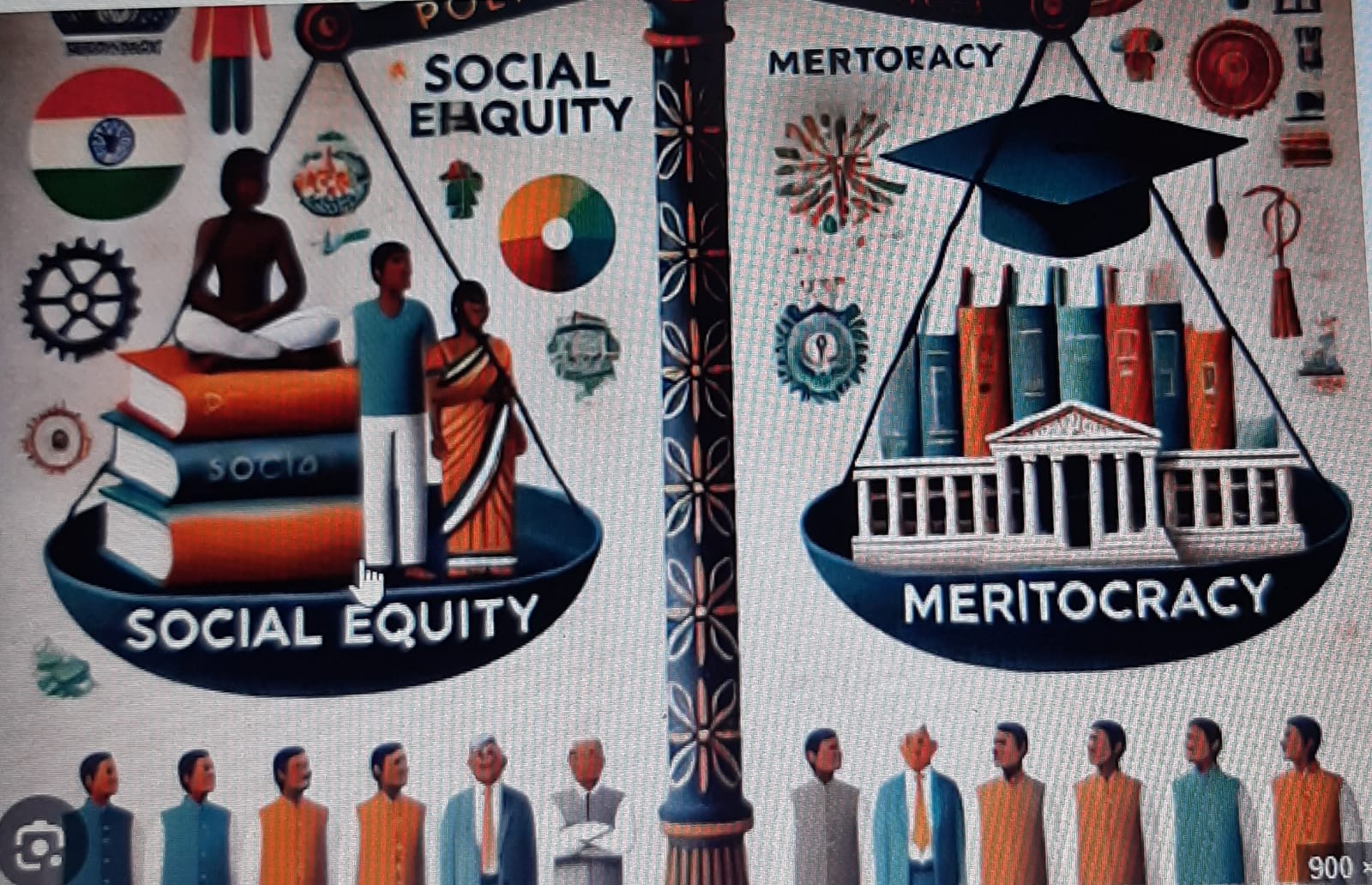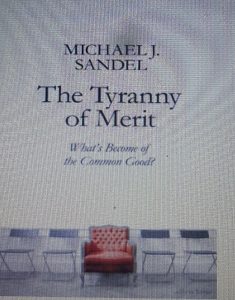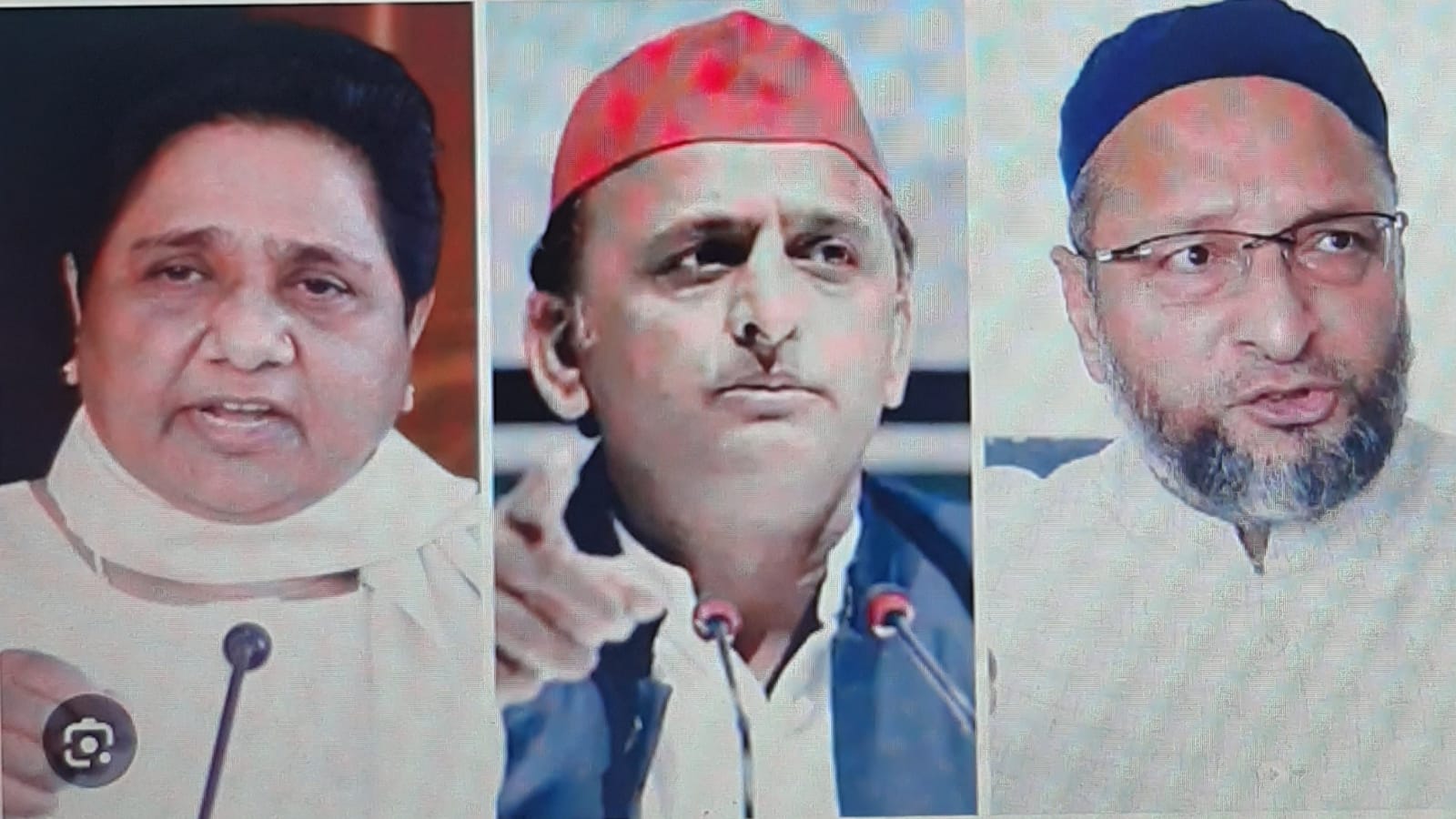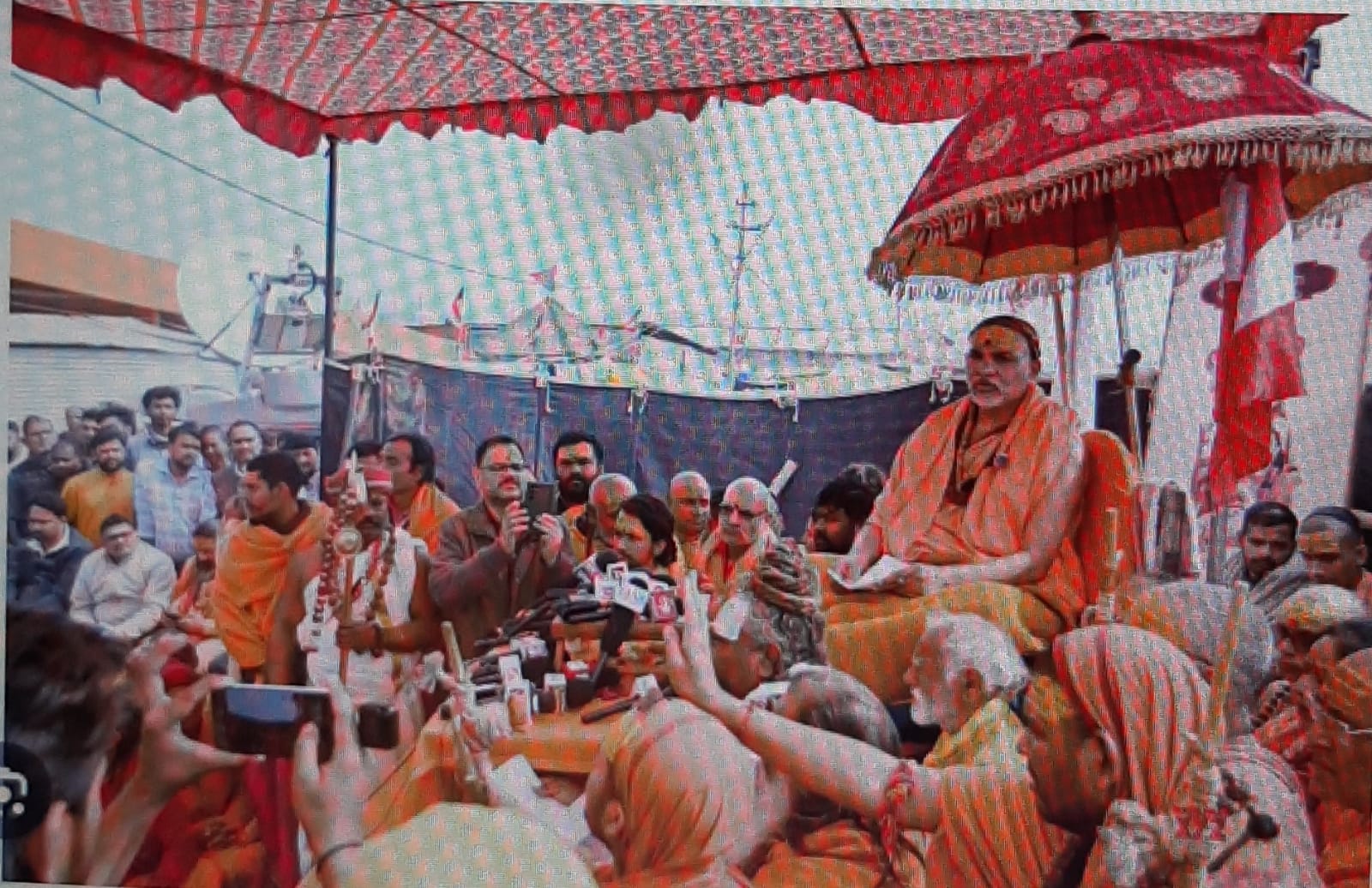
The tyranny of merit, is not merely an economic or political problem but a moral one. It distorts our understanding of success, fosters social resentment, and undermines the bonds of solidarity that are essential for a just society. While the ideal of meritocracy may still hold appeal, its implementation in modern society has created significant moral and social costs, writes former IAS officer V.S.Pandey
In our times, everyone is taking about merit and the accompanying success, in money, prestige and social standing terms , that comes with it. What about those who are mediocre? Have we, as a society, left any space for them ?
In contemporary society, meritocracy is often celebrated as the fairest and most efficient method of organizing economic, political, and social life. The principle suggests that individuals should rise or fall based on their talents, hard work, and achievements rather than inherited privilege, social class, or arbitrary factors. However, in his book “The Tyranny of Merit: What’s Become of the Common Good?” political philosopher Michael J. Sandel critiques this seemingly noble ideal, arguing that meritocracy, in practice, fosters inequality, moral arrogance, and social fragmentation. Sandel’s analysis reveals the hidden costs of a system that, while ostensibly rewarding talent and effort, exacerbates social divisions and erodes the common good.
Meritocracy is often framed as a moral response to the unfairness of aristocracy and inherited privilege. It offers a vision of society where opportunities are equally accessible, and success is a reflection of one’s capabilities and dedication. From a historical perspective, meritocracy emerged as a corrective measure against systems where wealth and power were concentrated in the hands of the few, regardless of their abilities or character. In modern democracies, education is viewed as the primary tool for advancing meritocratic ideals. Access to quality education is supposed to ensure that every individual has an equal shot at success.

Meritocracy also carries a moral narrative: those who succeed have earned their rewards, while those who fail must bear responsibility for their shortcomings. This narrative aligns closely with the values of hard work, self-reliance, and individual responsibility that are celebrated in many cultures, particularly in Western democracies. The meritocratic promise suggests a world in which social mobility is not only possible but actively encouraged.
However, as Sandel illustrates, the reality of meritocracy often falls far short of this ideal. Rather than reducing inequality and fostering a sense of shared purpose, meritocratic systems have entrenched disparities and eroded social cohesion.
One of the central critiques Sandel levels against meritocracy is the myth of equal opportunity. While meritocracy promises to reward talent and effort regardless of background, the conditions necessary for genuine equal opportunity rarely exist. In reality, economic inequality often translates into unequal access to quality education, healthcare, and other essential resources. Wealthy parents can invest in expensive private schooling, tutoring, and college and university preparation, giving their children a significant advantage in the so-called “meritocratic race.” As a result, meritocracy often ends up justifying privilege rather than dismantling it. He highlights the role of elite institutions, such as Ivy League universities in America , in perpetuating inequality which is true for our society also . Admission processes, while ostensibly based on merit, often favor those who come from affluent families. Expensive admission test preparation, and other systemic advantages ensure that those born into privilege remain at the top of the social hierarchy. Meritocracy, in this context, becomes a self-fulfilling prophecy where the wealthy can pass on their advantages under the guise of merit-based achievement.
Beyond material inequality, Sandel emphasizes the moral consequences of meritocratic success. In a society that celebrates merit, those who succeed often view their achievements as entirely self-earned. This belief fosters a sense of entitlement and moral arrogance, as successful individuals may dismiss the role of luck, social connections, and structural advantages in their accomplishments. Conversely, those who fail are often left feeling that their failures are entirely their fault, leading to feelings of inadequacy and shame.
This dynamic creates a deep social divide between the so-called “winners” and “losers” of the meritocratic system. The winners believe they deserve their place at the top, while the losers are left to bear the psychological burden of their perceived shortcomings. This moral judgment corrodes social solidarity and undermines the idea of a shared responsibility for the common good.
Sandel argues that this attitude is particularly damaging in democracies, where citizens are supposed to view each other as equals. When society becomes dominated by a meritocratic elite that sees itself as superior not just in skill but in moral worth, it becomes difficult to maintain the mutual respect and humility necessary for a functioning democracy.
Another consequence of the tyranny of merit is the erosion of the common good. Meritocracy prioritizes individual achievement over collective well-being. Success is measured in personal income, status, and prestige rather than in contributions to the broader community. This emphasis on individual achievement can weaken the social bonds that hold communities together and give rise to populist movements as a symptom of the failures of meritocracy. Many working-class people, feeling left behind and disrespected by an educated elite, have turned to populist leaders who promise to restore their dignity and address their grievances. This populist backlash is not simply about economic hardship; it is also about recognition and respect. The meritocratic narrative often fails to acknowledge the contributions of those in working-class jobs, many of which are essential to the functioning of society but are undervalued.
To address the problems of meritocracy, Sandel calls for a rethinking of how society defines success and distributes recognition. Instead of measuring success solely by income or professional status, society should value contributions to the common good. This means recognizing the dignity of all work, including jobs that may not require a university degree but are nonetheless vital, such as caregiving, sanitation, and essential services and reforming educational and economic systems to reduce inequality and ensure that opportunities are genuinely accessible to everyone. This could include policies such as wealth redistribution, investment in public education, and reforms to prestigious college, institutes and university admissions processes.
So the tyranny of merit, is not merely an economic or political problem but a moral one. It distorts our understanding of success, fosters social resentment, and undermines the bonds of solidarity that are essential for a just society. While the ideal of meritocracy may still hold appeal, its implementation in modern society has created significant moral and social costs.
Addressing these challenges requires more than technical policy solutions; it requires a cultural shift in how society values work, success, and community. A truly fair and inclusive society must recognize that success is not merely an individual achievement but a collective endeavor shaped by social conditions, shared responsibility, and mutual respect. By confronting the tyranny of merit, we can begin to build a society where everyone feels valued, regardless of their place in the meritocratic hierarchy.
(Vijay Shankar Pandey is former Secretary Government of India)









